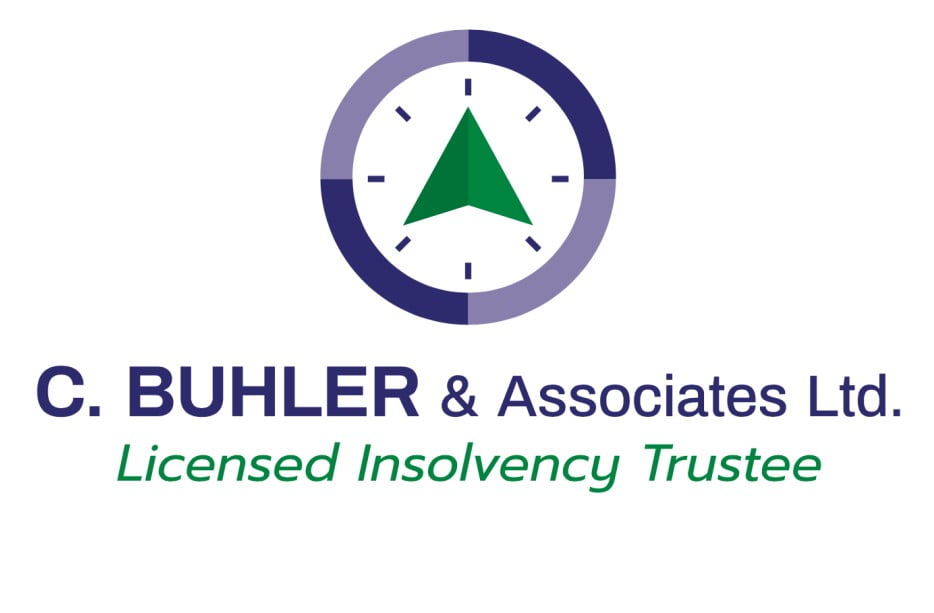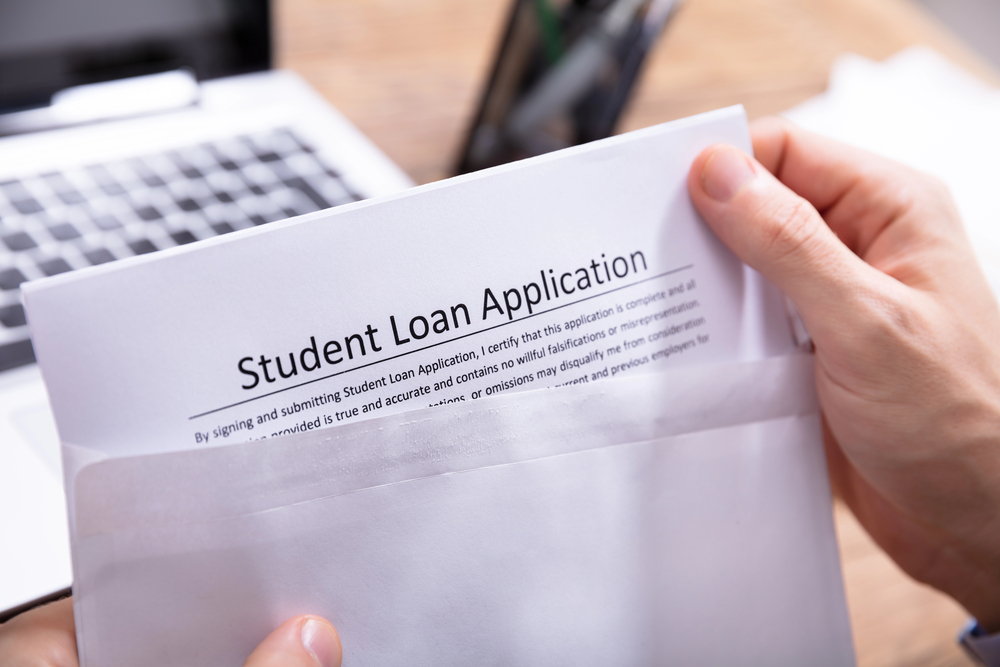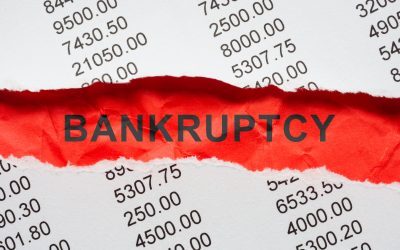Canadians looking to fund their post-secondary education often rely on student loans. Most people see a student loan, even though a hefty sum, as an investment in their future. With rising tuition fees and all associated costs, students can land in overwhelming student loan debt after completing their studies.
This mound of student loan debt results in students trying to repay the loan by cutting back on other discretionary spending. However, this isn’t always enough to significantly improve the situation or relieve a decent chunk of the debt.
Students may consider bankruptcy a legal and viable solution to resolve their student loan debt. There are many factors to consider when deliberating bankruptcy, and this guide will share some of the key elements about how declaring bankruptcy can help iron out your student loans:
Will My Student Loans Be Discharged In Bankruptcy?
In short, yes. According to the Bankruptcy and Insolvency Act in Canada, your student loan debt can be discharged in bankruptcy, if you meet two conditions in Canada:
The Seven-Year Rule
If it has been at least seven years since you were a full or part-time student, you can eradicate student loan debts via bankruptcy. This applies to both federal and provincial student loans. This time frame is calculated from your “end of study date,” which is the last day of the last month in which you were a student. Your end of study date must be more than seven years from the day you file for bankruptcy, and should be confirmed prior to filing a bankruptcy.
Hardship Provision
You can reduce the seven-year period to five years if you are facing severe financial hardship. To do so, you must be able to prove to the Court that your student loan payments are causing you to experience significant ongoing financial hardship. In addition, you must have proof that your student loans have been used in good faith, i.e. for education or any living expenses related to your post-secondary education. A judge will decide whether your student loans would then be included in a bankruptcy, where five years have passed from your end of study date.
While bankruptcy is a good option to help eliminate student debt, consider other options. One is a consumer proposal, a bankruptcy alternative offered by the Canadian government, and administered by Licensed Insolvency Trustees.
Can I Still Get A Student Loan After Bankruptcy?
Even though there is a light at the end of the tunnel after bankruptcy, it’s important to understand that it may affect future loan applications you make, including applications for funding to support further learning. For example, if you enroll for a new course at a school but have had a bankruptcy which included student loans in the past, the lender may be hesitant to provide you a loan.
Having said that, if your past bankruptcy and insolvency proceedings didn’t relate to student debts, you may be able to secure a student loan. However, the lender will still make the final decision.
If your student loan debts are causing you more grief than they should, and you’re worried that they’re adding strain to the rest of your life, consider speaking to a professional about filing for bankruptcy in Canada and gaining the financial relief you deserve.





